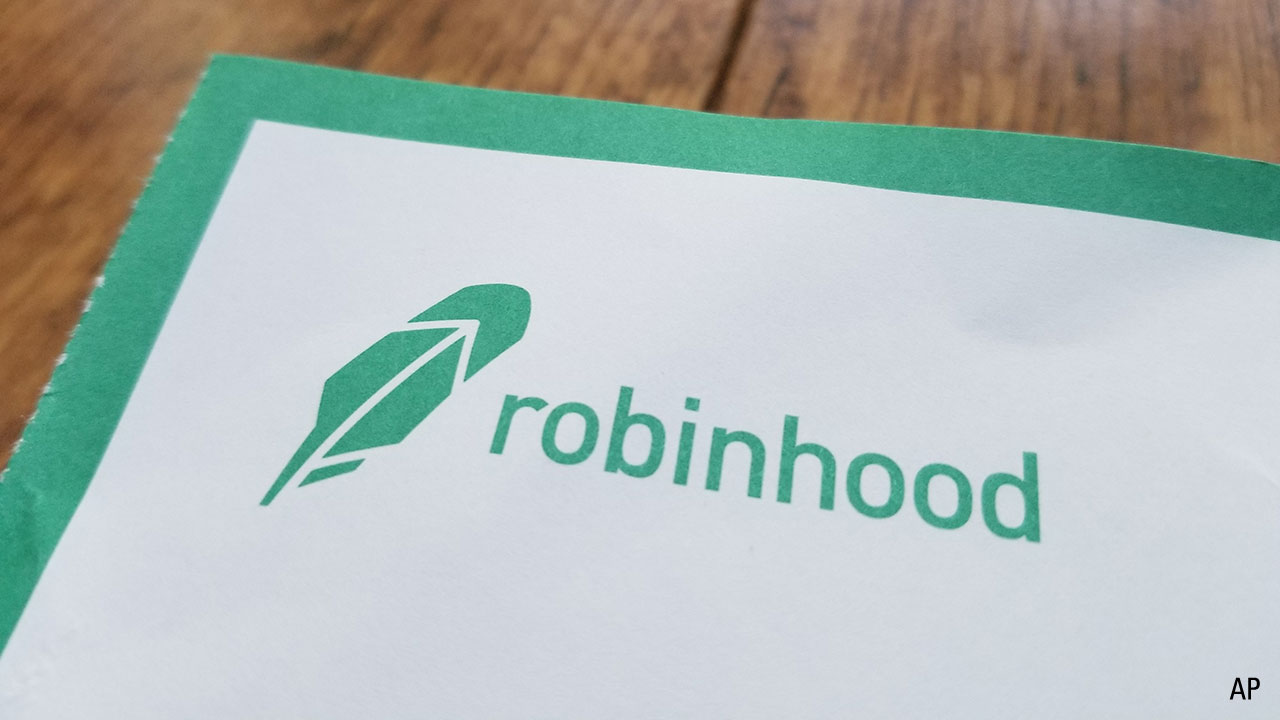
Over the past few weeks I’ve been part of a lively discussion about the best way to get young people engaged in investing.
I posited, via Twitter, that the young investors building individual-stock portfolios (and worse yet, dabbling in options) are cruising for trouble. It feels for all the world like the 1990s, when many inexperienced investors purchased individual technology stocks only to lose badly during the subsequent crash at the beginning of the decade.
And even setting aside the risks of investing in a high-priced basket of technology stocks (or a grab-bag of beaten-up travel and leisure names), I’d argue that buying individual stocks is a suboptimal way to break into investing no matter the market climate. Reams of academic literature point to diversification as one of the key principles of successful investing. So why shouldn’t we tell beginning investors to move straight to a well-diversified portfolio --either an index fund or a target-date fund--in lieu of a smaller basket of stocks? Rather than pursuing overnight riches by trading individual equities, I’d much rather see young investors get started with practical, commonsense strategies.
Indeed, there’s an investing movement that stands for all of these things—and one that I wish young investors would learn about before they begin flipping stocks on robinhood.com--it’s the FIRE movement. For the uninitiated, FIRE stands for Financial Independence Retire Early. Coached by FIRE advocates on websites like Mr. Money Mustache, Our Next Life, and Can I Retire Yet?, FIRE adherents focus on spending mindfully on what they find important, saving early and often, and broadly diversifying their investments across a globally diversified portfolio, usually consisting of inexpensive index funds. While the movement has increasingly emphasized the “financial independence” piece and downplayed early retirement, many FIRE practitioners are aiming to retire by 40, if not sooner.
In a lot of ways the FIRE approach is the polar opposite of the Robinhood trading mentality. It emphasizes discipline and hard work over short-term profits and a betting mentality. “Winning” for FIRE proponents means finding a way to live life in a way that aligns with your values and your joys.
Let's Be Real
I’ll confess that I was initially skeptical about FIRE. The movement’s preoccupation with thrift put me off. Youth and good health are gifts to be cherished, I thought, so is it really wise to spend those precious days pinching pennies? I’ll never regret that my husband and I were able to travel while we were young, splurge on special events when we wanted to, and help loved ones in financial need without reservation or grievance.
There’s also a certain sense of entitlement that goes hand-in-hand with FIRE. In order to be able to save as much as you need to retire early, you generally need to have a pretty high-paying job to begin with. Most people who haven't had the benefit of education and highly remunerative careers can’t save enough to tide them through short-term job loss, let alone an early retirement. While FIRE proponents push back that FIRE is inclusive, some people could never contemplate FIRE because their budgets are too tight to allow for aggressive saving, full stop.
I was also concerned about how these very young retirees were approaching the topic of portfolio sustainability. Many FIRE bloggers use the 4% guideline to determine their in-retirement spending plans. But most of the research about portfolio sustainability has looked at a far shorter drawdown period of 25-30 years, not 50. And even the 4% guideline is considered too rich by retirement experts like Wade Pfau. Young retirees also contend with risks that aren’t usually a big deal for older retirees: having to shoulder their own health insurance, for example, and not having enough earnings to earn a full Social Security check. FIRE strategies often revolve around direct real estate investments, which make me nervous because of their inherent lack of diversification.
Perhaps my biggest objection to FIRE was a philosophical one, related to the role of work itself. I’m still bothered by the notion of work as something to be gotten over with so that you can do what you really want to do. While there are of course days when I’d rather do something else, I’ve generally viewed my work as a place a place of friendship, mandatory intellectual stimulation, and purpose. In my parents’ declining years, as I grieved their demise and my sisters and I struggled to ensure that they had good care, work provided me with the most amazing distraction. (And I realize my privilege in working for an employer that let me balance my personal life with my work life so agreeably during those years; most people don't have that.) My advice to people who view work as something they need to get through so they can get on with enjoying their lives is that they should look for another career.
FIRE (Even If You Don't RE)
I haven’t completely put those reservations aside. I’m not a fan of the uber-thrifty sect of the FIRE movement, for the reasons I noted above. I’m still concerned that some FIRE practitioners haven’t thought through the financial implications of retiring early. I still believe in my bones that we’re meant to work in this life and get stuff done, though that work certainly needn’t be paid work.
But the more I’ve taken time to learn about FIRE, the more I’ve found to admire in this movement. Talking to top FIRE bloggers Chris Mamula and Tanja Hester for The Long View podcast I co-host with my colleague Jeff Ptak helped me realize that the best FIRE practitioners are incredibly sober in their financial planning. They’ve thought about everything from Social Security to low bond yields to sequence-of-return risk. They’ve also laid out contingency plans in case their early retirements are derailed. They know they’ve been lucky, and they’ve thought hard about what they would do if they became unlucky.
I was quickly disabused of the notion that FIRE equals a life of extreme deprivation in the accumulation years or lying about in retirement. Hester wrote about binge-watching “Game of Thrones," something I read with envy. But she, Mamula, and some of the other leading lights in the FIRE movement are also incredibly productive, in their communities and in their personal lives. Some “FI” practitioners continue to work, but the difference is that they work because they want to, at jobs they enjoy and that give them meaning.
In the end, I’ve concluded that the “retire early” part of FIRE is a bit of a distraction from the really important part of the movement: the value of mindfully allocating our precious time and money in a way that aligns with our values, life goals, and joys. From that standpoint, even those of us who don’t plan to retire early can learn something from FIRE, and young investors with their whole lives ahead of them can learn even more.




















